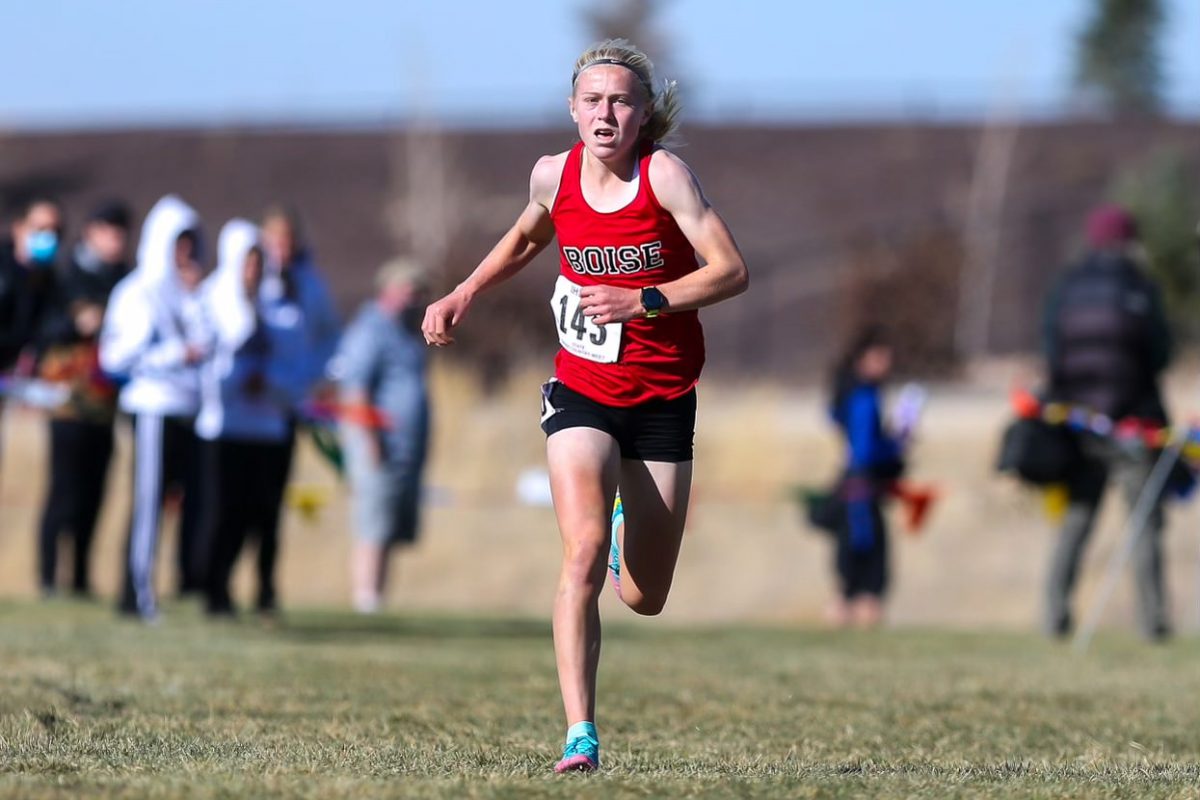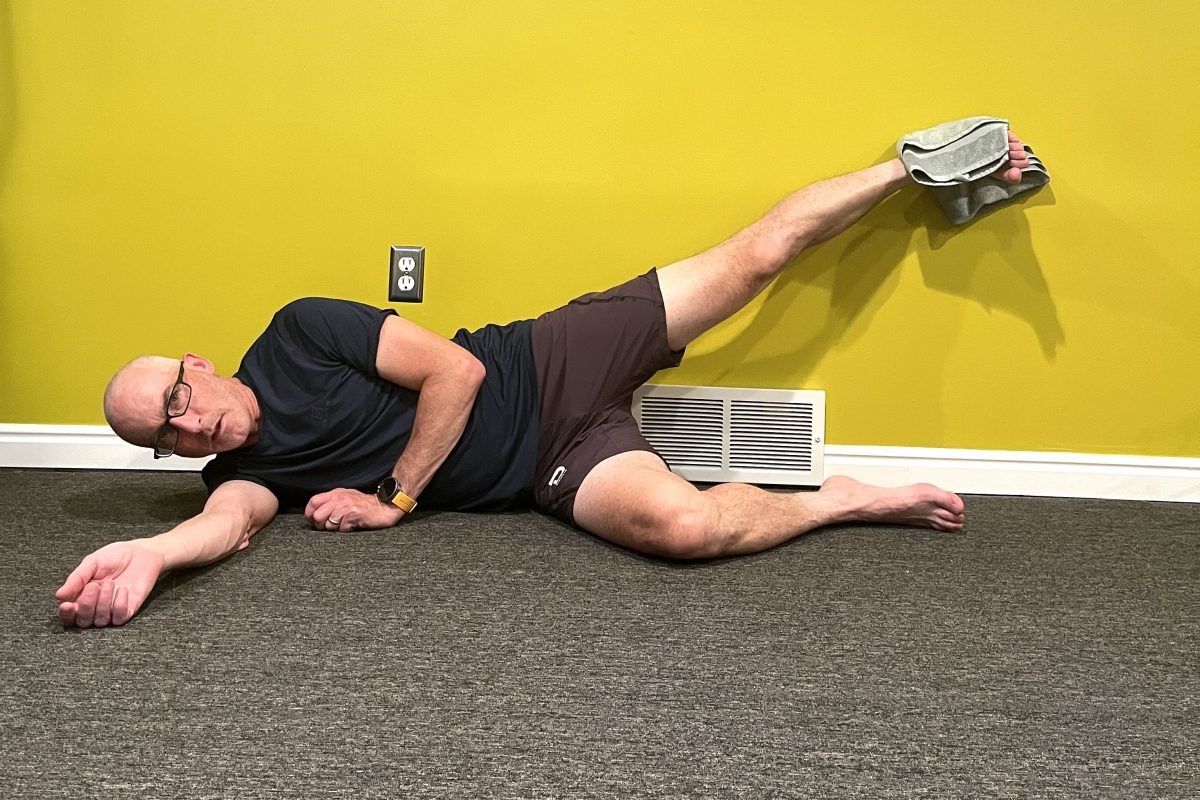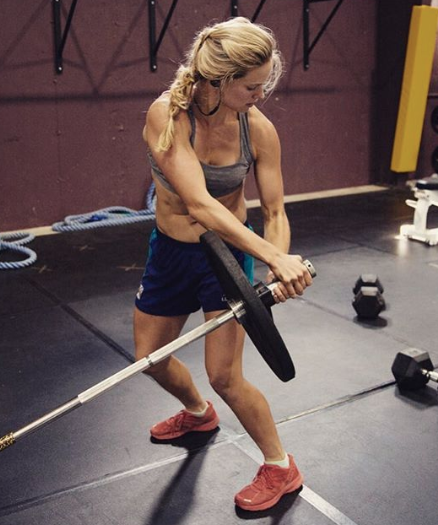I am not sure whether to be impressed or disgusted. I am watching Brian Gregg double poling on the rollerboard and one of his back muscles is distracting me from my calf raises. “Look at that muscle,” I say to my fellow CXC teammate Garrott Kuzzy as my pointing finger tries to keep up with the offending muscle while Brian whooshes up and down the rollerboard. “Watch when he does dips,” responds Garrott carelessly before attempting to demonstrate with his fingers and both hands how Brian's back muscles convolute themselves. I fail to follow Garrott's finger demonstration but I ensure that I am nearby when they pump out their weighted dips. It could be a mobile landscape that Bradbury dreamed up for his Martian Chronicles; muscles pop out suddenly only to disappear seconds later, others contort themselves or even appear to travel long distances across his back. Brian's is not the only well muscled back; we are all stronger now than at the beginning of the summer. The increased strength comes directly from our increased training load and with it the danger of overtraining.
A training plan consists of cycles of damage and repair to the body. These can be short cycles encompassing one day or even shorter cycles within workouts such as intervals where the pattern may be 20 seconds of sprinting followed by 90 seconds of recovery skiing. The cycles stretch longer also, each year contains approximately eight months of hard training, three months of intense racing and one month of lackadaisical recovery when I shun the acquaintance of my rollerskis altogether.
Deciphering the combination of training cycles that will lead an individual to her optimal performance is tricky. Too much racing and mental stress causes the athlete to lose her edge and burn out, too much physical exertion results in being overtrained. The other side of the spectrum is more familiar territory. Too meager training garners the following post race congratulations: “Congrats! That was a good race, for you.” To which I smile, finish the trite, scripted conversation by thanking and complimenting in turn, and cringe inside at the “comma, for you” part of the sentence. I abhor comma anything; comma, for the snow conditions; comma, for the altitude. I want a good race. Period. These pitfalls of erring too far to one extreme or the other haunt me.
So I dance, my intellect with my body, through these days of training. Like following my dance partner in a salsa dance, where the coming move is communicated through eye contact and slight pressure through the hands, training between the descending cliffs of under and over training requires attention to the subtlest warnings my body sends. I must recover after each workout for the ensuing, after each week for the following, after each four-week training cycle for the next. I waver as close as I dare to breaking down my body irrevocably, to injuring myself, to burning out, careful not to overtax my body's ability to recover. For recover I must, the next workout, and soon, the races, are coming.




